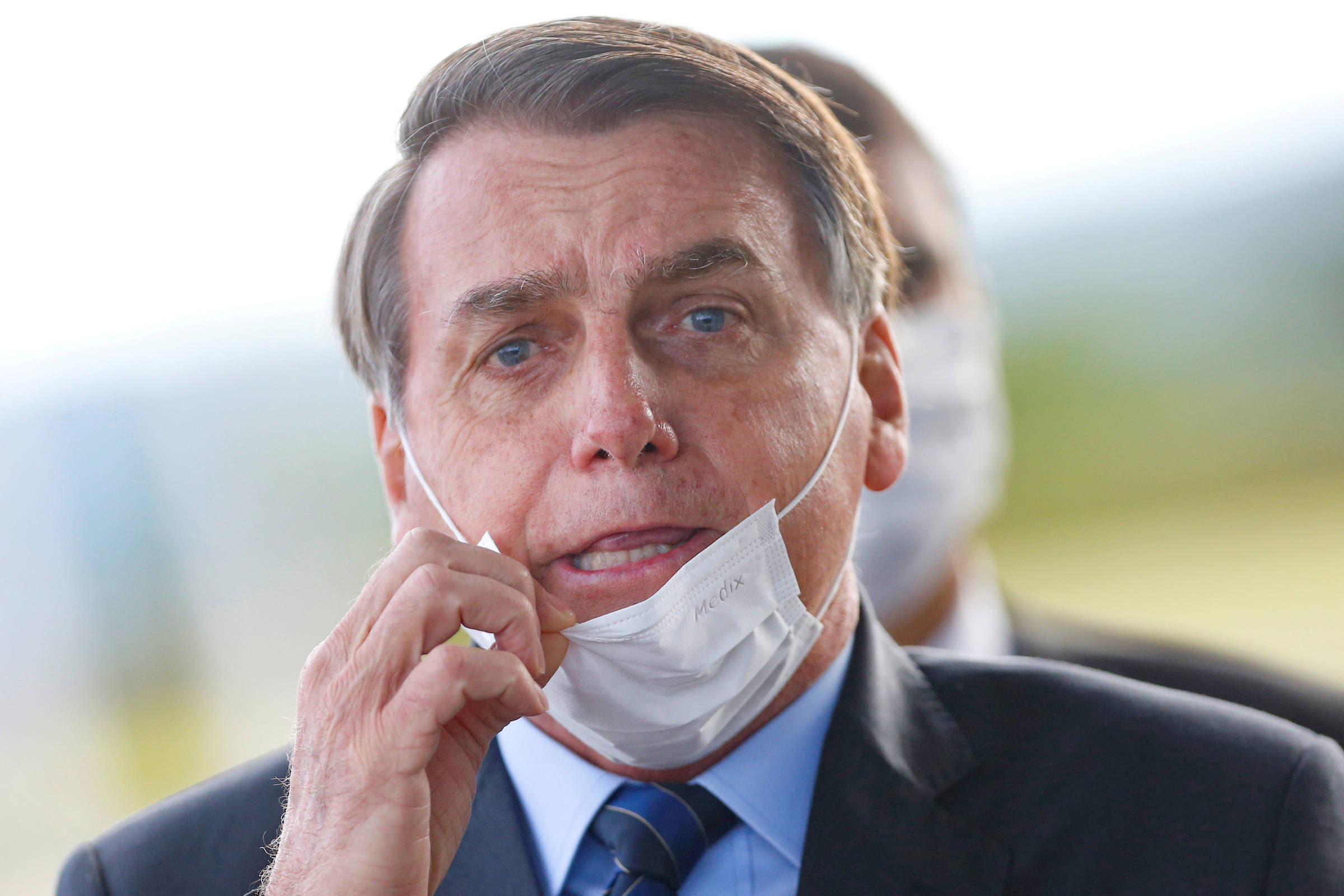Lead clouds. Bolsonaro’s approval ratings have dropped to 25% as high-profile financial and agribusiness companies finally leave the president. The siege ends in Congress, with KPI Covida, and in the streets, with demonstrations amid a complete pandemic. The shadow of impeachment seems to be falling on Brasilia. However, the most classic cliché is at work here: appearances are deceiving.
Impeachment requires, in addition to the crimes of responsibility that cannot be avoided, a high level of political and social consensus. Political consensus: an impressive parliamentary majority break with Planalto. Social consensus: majority rejection of the presidential figure, expressed not only in public opinion polls, but also in mass mobilizations of the population. Both preconditions are missing in the script.
In its first phase, the CPI Covid documented a vast collection of public health crimes collected by the federal government. Typically, the CPI has a mission to solve riddles. In the case of the ongoing CPI, there was no mystery: in the afternoon, the federal government left the country at the mercy of the pandemic, catastrophically exacerbating the health crisis. The task of the senators was limited to collecting evidence of crimes committed by the president and his inner circle.
The mission was accomplished – but instead of a devastating report, the political and legal basis for the impeachment of the president, the CPI turned into a maze of investigations into obscure corruption schemes in the procurement of vaccines. The new focus turns it into an electoral strategy tool. Renan Calleiros played a decisive role in the reorientation, which is by no means accidental.
Corruption has been a constant musical note in national political life since the redemocratisation. Today, the shift in focus from a larger crime against public health to a smaller one – the corrupt gimmicks associated with the Covaxin contract serves the interests of Lula’s campaign. Until 2003, PT imagined itself to be a supporter of something else: an island of holiness in the middle of an ocean of debauchery. After the traumas of the monthly allowance and gasoline, he changed his discourse, beginning to imagine himself as a party of equals: we are no more and no less corrupt than others.
In this light, the CPI is destined to stamp corruption on Bolsonar’s forehead. His final report, delayed until the timetable, will not serve as a rift between Congress and Planalto, but will serve as an electoral alibi.
The streets are also not what they seem. Led by parties and movements that revolve around Lulizmo, anti-soreness demonstrations are designed to avoid unity. It is for this reason, along with the banner of impeachment, that organizers are raising standards against “neoliberal politics” and privatization.
Vivian Mendes of the People on the Street coalition expresses her opposition to united front tactics: “We are working to ensure that the right-wing forces do not have a say in the streets. The street belongs to everyone, but we will strive to make sure they do not have a voice or protagonism. ”Translation: street protests should prepare the election campaign by crystallizing the polarization between Bolsonaro and Lula.
Limited mobilization operation in operation. Demonstrations are large enough to have political impact, but remain limited enough not to provoke an unwanted outcome. The intention is not to stop the president, but to besiege him in his bunker in Brasilia before election day.
The national interest is to oust the disastrous president who has surrendered the nation to the coronavirus and, threatening democracy, plans to fight inevitable electoral defeat. On the other hand, the interests of the leftist lula are to prolong the tragedy and return to the government in the first round of elections. The bankruptcy of the so-called political “center” ensures the victory of the second over the first.















